Managing Your Mental Health & Wellbeing While Working at Home
I know, I know. Another mental health blog or post on my social media feed? If I had $5 for every blog or article or post of social media that I’ve seen in the last two months about mental health and wellbeing then I’d probably have a small fortune right...
However, there is an exceptionally good reason for this and you’re probably going to keep seeing health and wellbeing posts, at least until we’re out of lockdown. The reason is because it’s important! Initially when we went into lockdown and were told to work from home, it may have sounded like the start of an early holiday. The reality is, however, that it may not have been so enjoyable for a lot of Kiwis, especially Aucklanders. As the world has adjusted to the new norm of working at home, one of the largest, (and often unaddressed) issues is coping with the loneliness and isolation that it comes with.
Have you noticed a change in your mental health this lockdown? It’s important to learn the signs of decline so that you know what to do and how to maintain stability. These signs can manifest any time and usually start out with feelings of loneliness, getting stuck or feeling unproductive, insomnia, burnout, unexplained physical problems like back soreness or headaches, which can then quickly manifest and turn into anxiety, stress and pressure. 
Our jobs affect our mental health regardless of whether we work from home or not, but when battling with isolation, loneliness, we often drop our normal habits and start simply ‘just coping’ instead of maintaining some sort of normality. It’s important to maintain some sense of structure to your day, realising what your trigger points are when it comes to stress and anxiety, and learning what to do to combat them. We’ve scoured the internet and found some good info – we hope it helps! Check out our best tips below on how to work from home successfully.
8 tips to help you work from home successfully:
-
 Dress for work
Dress for work
While it might sound dumb, expert psychologists recommend getting dressed for work rather than joining Zoom calls in your PJs. Not just for the sake of how you appear to your colleagues, but because it helps put your brain into work mode. Don’t skip the showers either (I mean, this should go without saying), as it also shows that the simplicity of taking a shower can boost your mood and attention.
-
Keep a normal structure to your day
If you normally go for a run at lunch time when you’re in the office or eat lunch away from your desk, then do the same at home. Resist the urge to oversleep and hit the snooze button – oversleeping can dampen your cognitive function, just like sleep depravation can. Time saved from your commute can be spent much more wisely than sleeping in! Try learning something new in the time that you’ve gained – maybe upskill, or learn a language. You might never get this window of time back again, so try use it wisely. Most importantly though, schedule a break and a time for relaxing.
-
 Protect your mental health
Protect your mental health
Switch off the laptop at the end of every day. Remote working can trigger anxiety, depression and hamper motivation. Remember, work bleeds into family life and remote workers often clock up more hours. If you start to feel anxious, find something that helps get you out of that mood – go for a run or a jog, read a book, listen to a podcast, play with your kids or try your hand at some baking. It’s key to always think about the benefits of working at home – I.E “I don’t have to travel to work and I get to spend lunch times with my kids!” Don’t be afraid to take days off for mental health benefits. Both employees and employers should realise by now that mental health affects productivity and retention. Make sure to chat with your manager or team, but it’s a highly recommended strategy.
-
Create boundaries
If you have kids, you know how hard this can be. But try and do what you can to physically separate your living space from your Home Office Space. The smallest of distractions can often destroy your productivity. If you don’t have kids, then isolate away from your other dependant – not your partner, but your phone. Study’s have shown that the mere presence of a mobile phone in your work environment was enough to distract people. Also remember to step away from tasks occasionally – try writing instead of using the computer, as longhand writing improves creativity and problem solving. If you don’t have a dedicated workspace, make that your number one priority.
-
Think about your environment
Try sitting near an open window. Humans are more comfortable with our backs facing the wall and a view of a door or window. Having a view of trees or nice scenery can also help with reducing blood pressure and stress hormones. Cool light is also generally believed to be better for concentration. Try declutter your work environment too.
-
Arrange some meetings with your colleagues or friends
 Yes! Even if it’s just to catch up. Lots of people really miss those small interactions with co-workers when working from home. Excess meetings are normally an annoyance of most work places, but during lockdowns they are essential. Reassure, motivate and help make your team feel secure. Regular check ins with colleagues or friends provide that socialisation that you might need to help make you more motivated and stay effective, while also keeping loneliness and anxiety at bay. Humans are social animals – part of the reason why a lot of people love going to work is for the people they work with. Don’t take loneliness lightly and reach out to a colleague or friend if you ever need to, and make time for your favourite people – your family.
Yes! Even if it’s just to catch up. Lots of people really miss those small interactions with co-workers when working from home. Excess meetings are normally an annoyance of most work places, but during lockdowns they are essential. Reassure, motivate and help make your team feel secure. Regular check ins with colleagues or friends provide that socialisation that you might need to help make you more motivated and stay effective, while also keeping loneliness and anxiety at bay. Humans are social animals – part of the reason why a lot of people love going to work is for the people they work with. Don’t take loneliness lightly and reach out to a colleague or friend if you ever need to, and make time for your favourite people – your family.
-
Stay fit, stay focused
There’s a pretty strong correlation between exercise and motivation. Study’s have shown that even low intensity exercises can boost your energy levels. If you’re struggling to get through that to-do list then try getting up and doing some exercises or going for a jog or a run. Exercise isn’t the answer for everyone – but physical activity has been shown to help with anxiety and depression.
-
Upgrade your Home Office Space
Yes, I know. It may sound like a shameless plug for sales! However, we’re not just using this as a poor attempt at marketing. Lots of surveys and study’s have shown that a high percentage of remote workers get stuff done at a higher capacity if they actually enjoy the workspace that they’re in. Think about it – maybe a wider desk with more space, a comfortable ergonomic chair with back support and maybe some really slick headphones or speakers (whatever other small comforts you might want to indulge yourself in).
If you're after more, or frankly just want a more reliable source, then the worksafe.govt.nz website has some good tips on staying mentally healthy when working from home too. https://www.worksafe.govt.nz/topic-and-industry/work-related-health/mental-health/staying-mentally-healthy-when-working-from-home/
Take care,
The Team @ Home Office Space




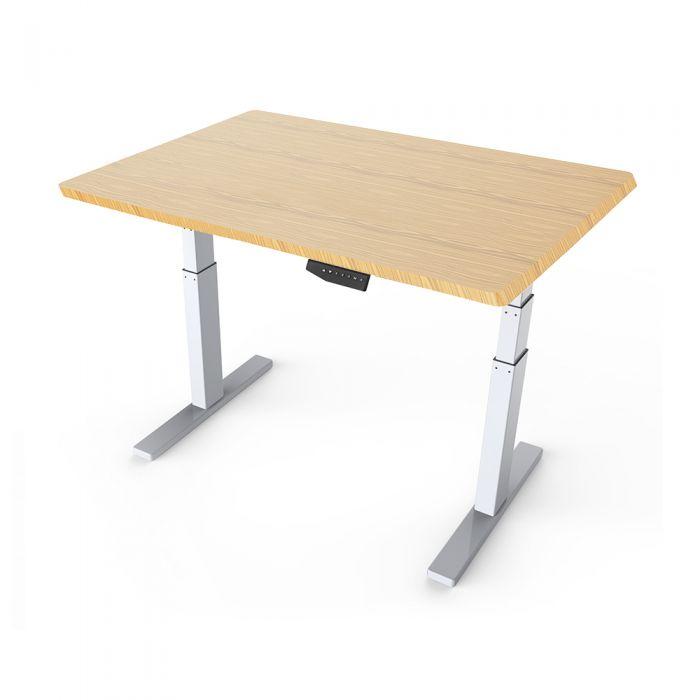
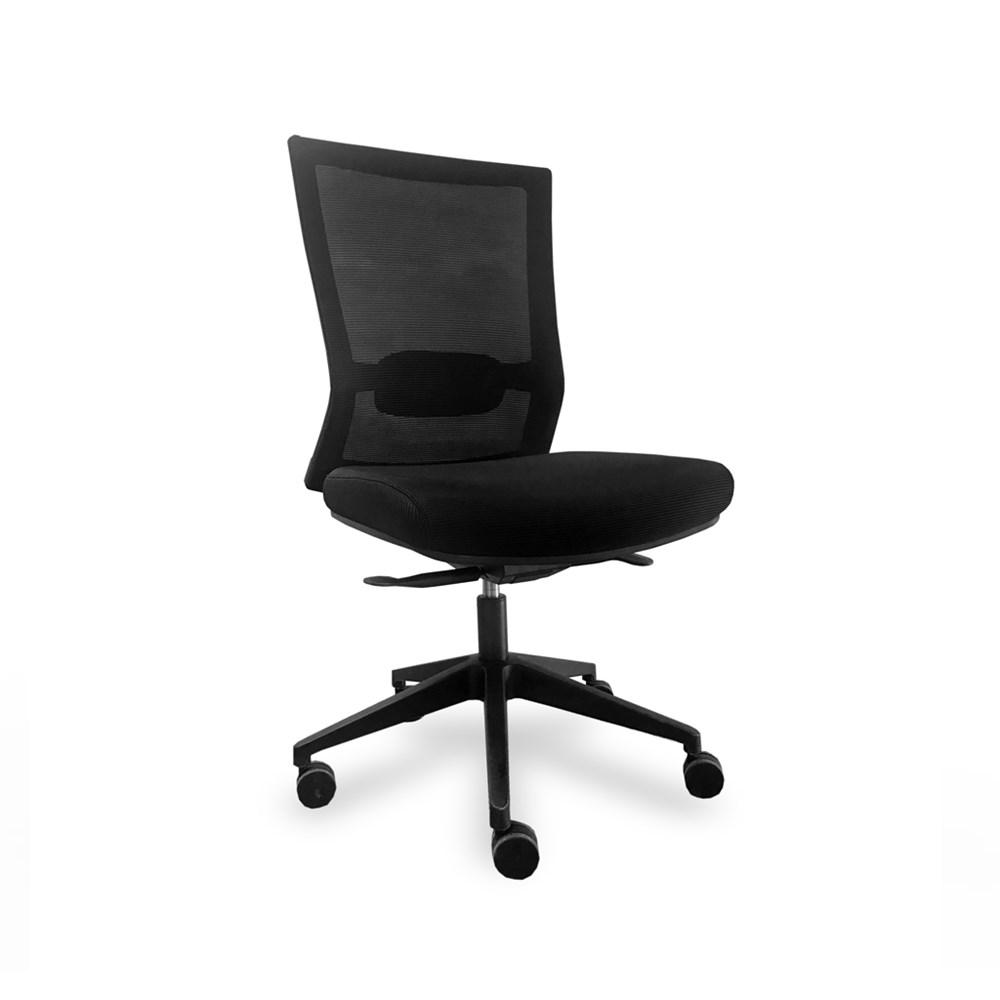
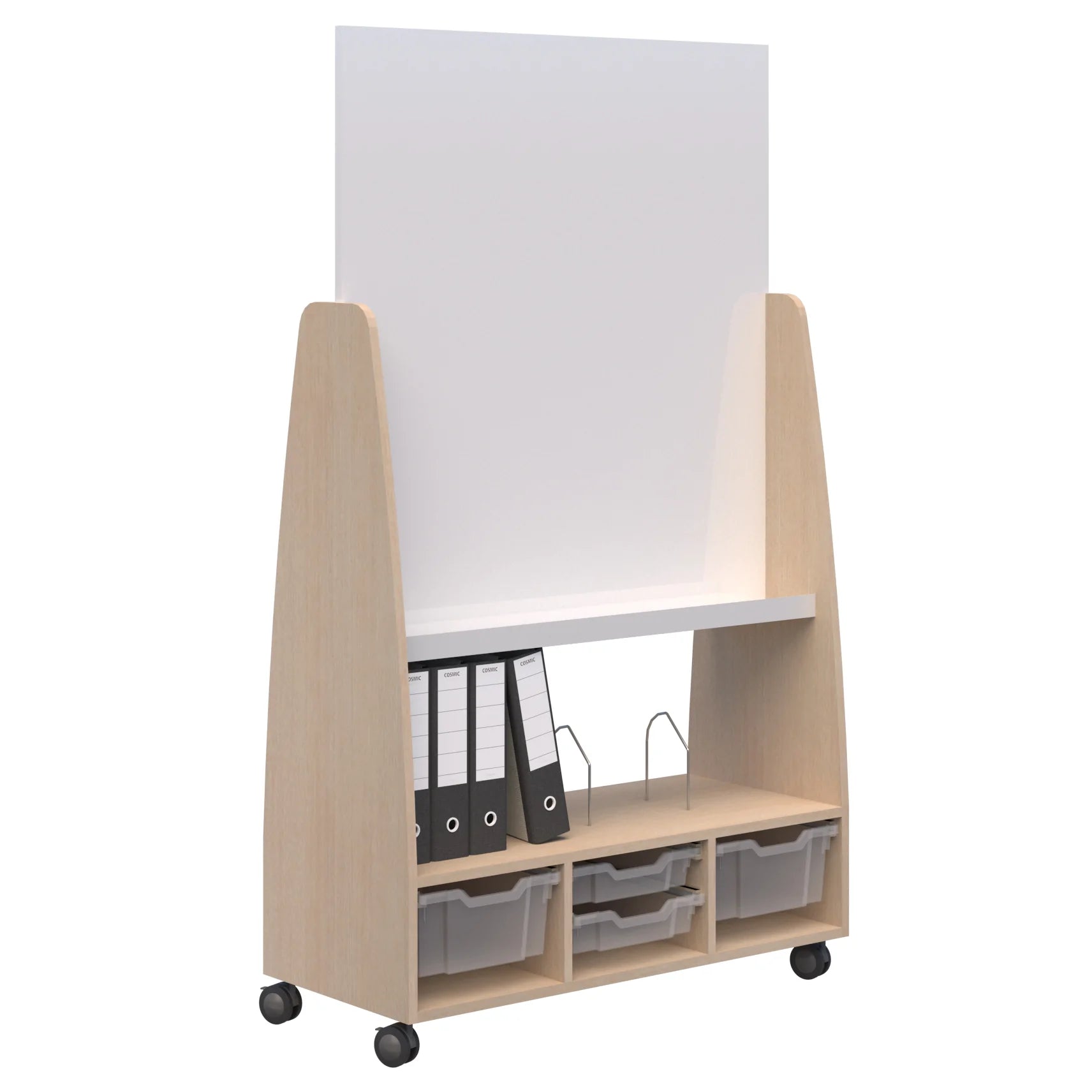
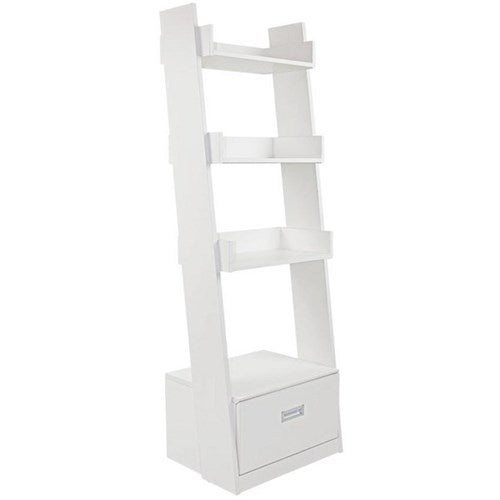
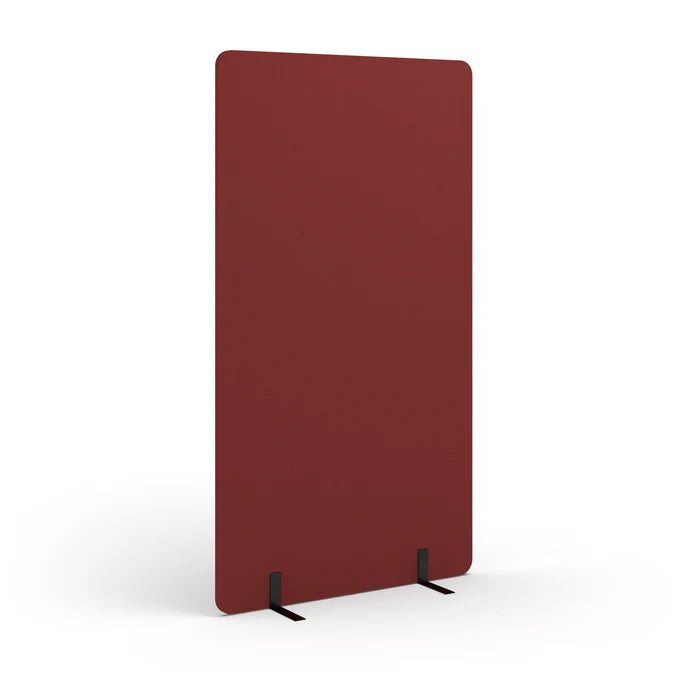
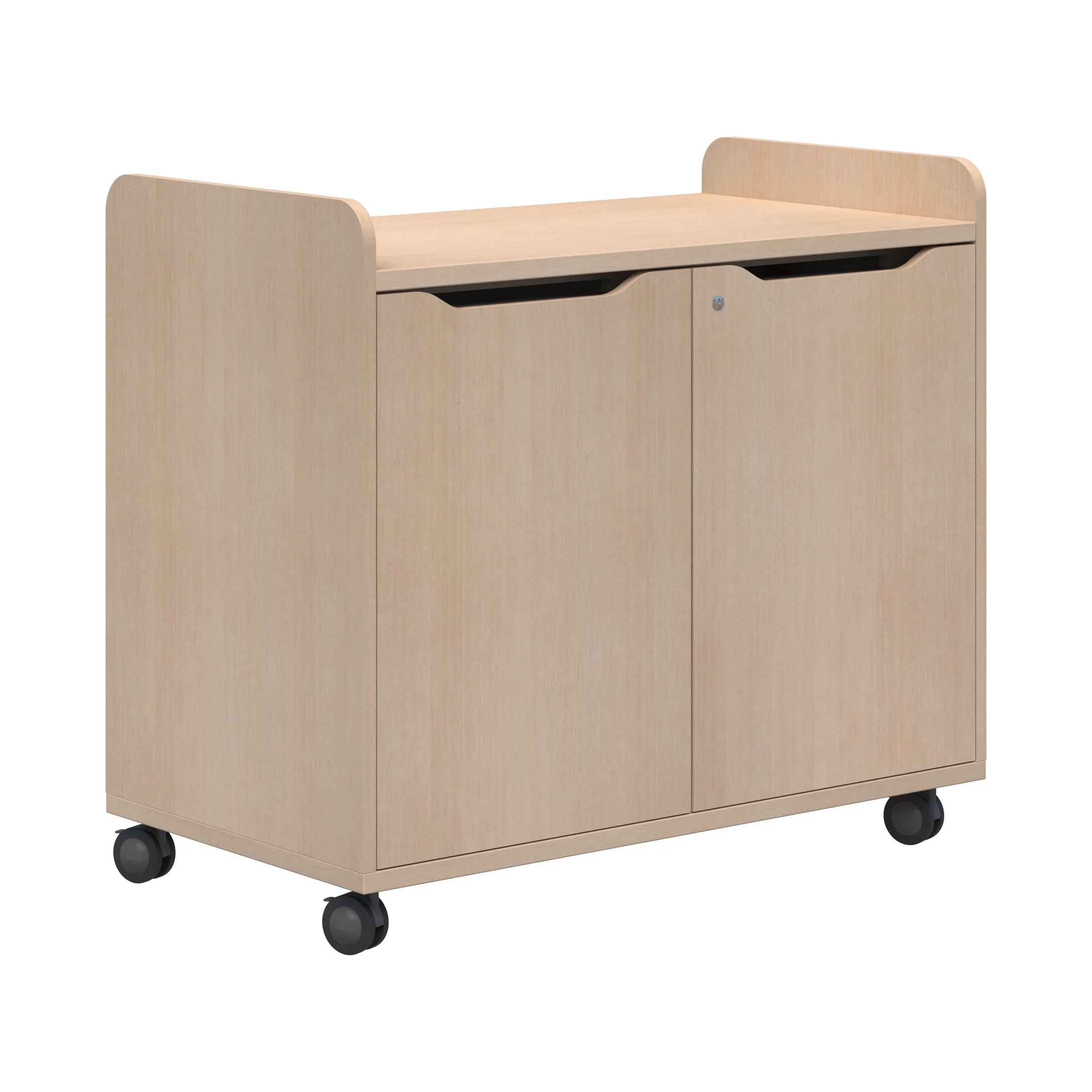


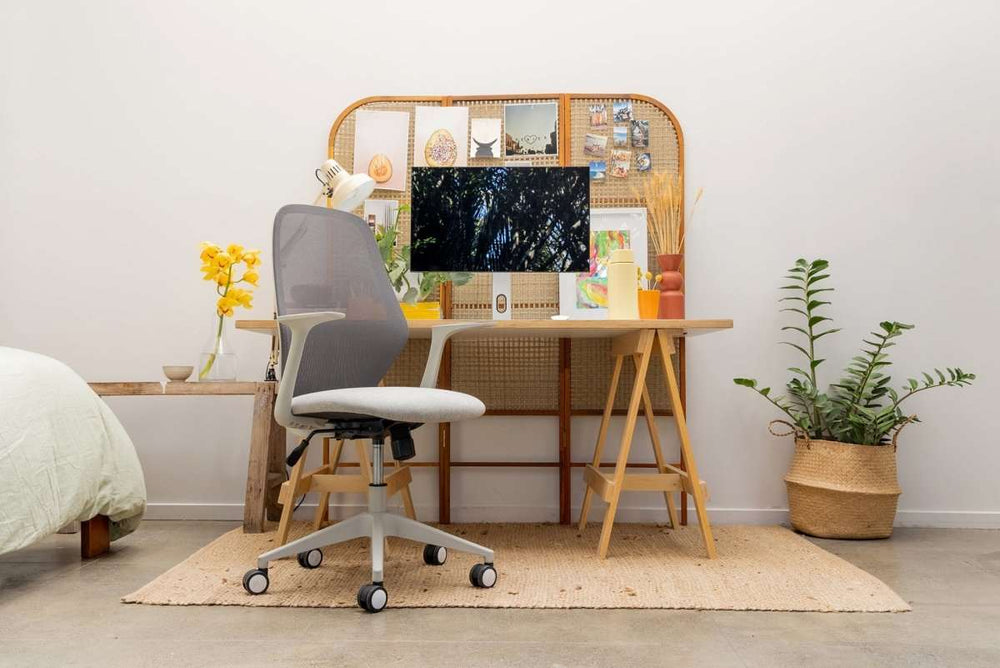

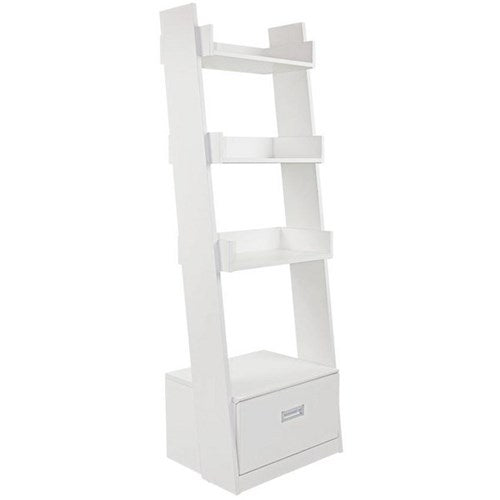
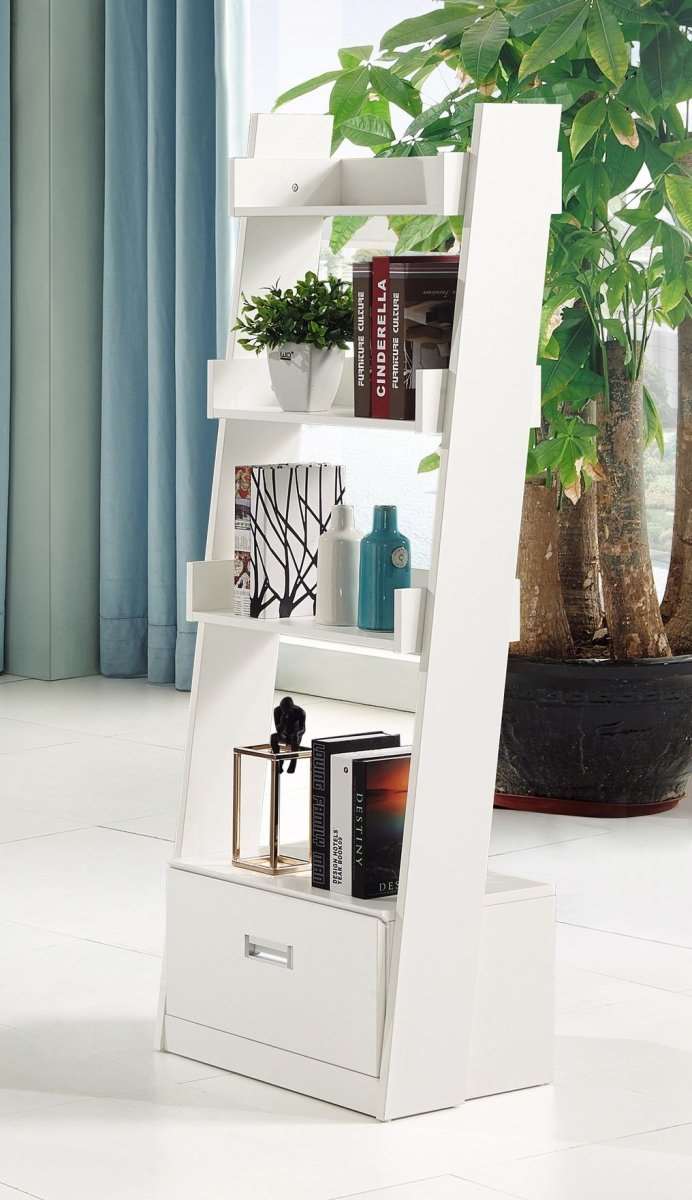
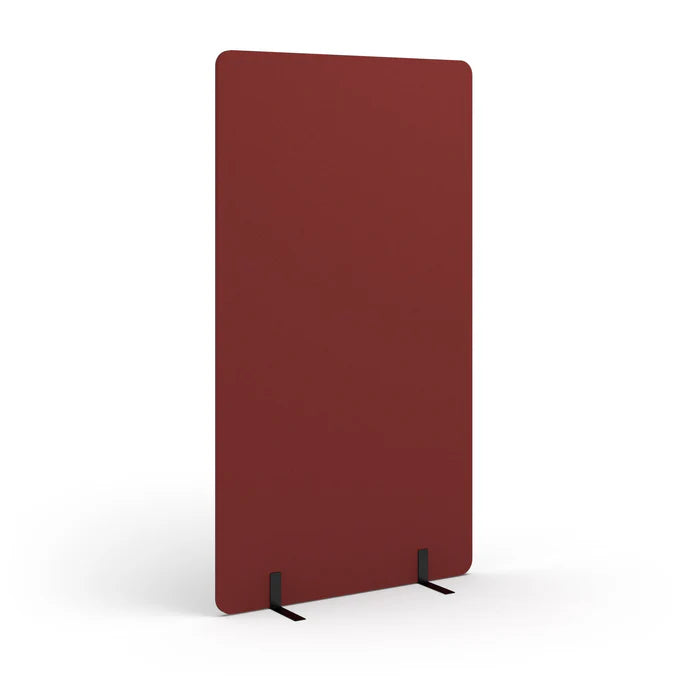

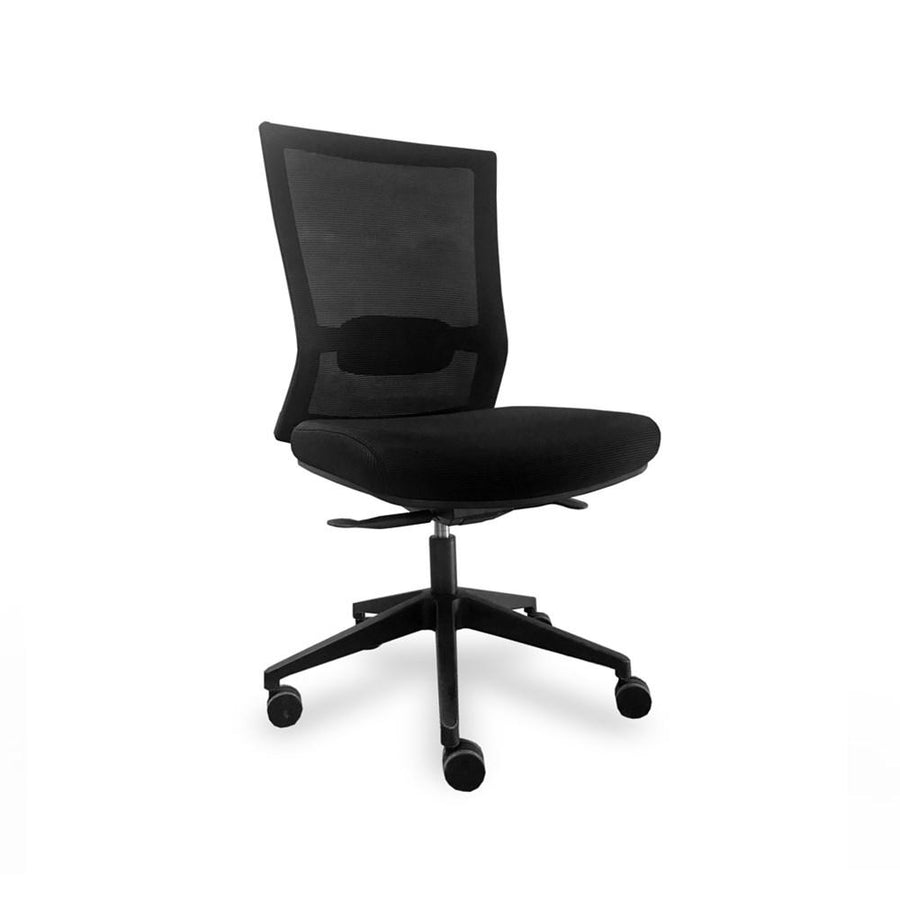
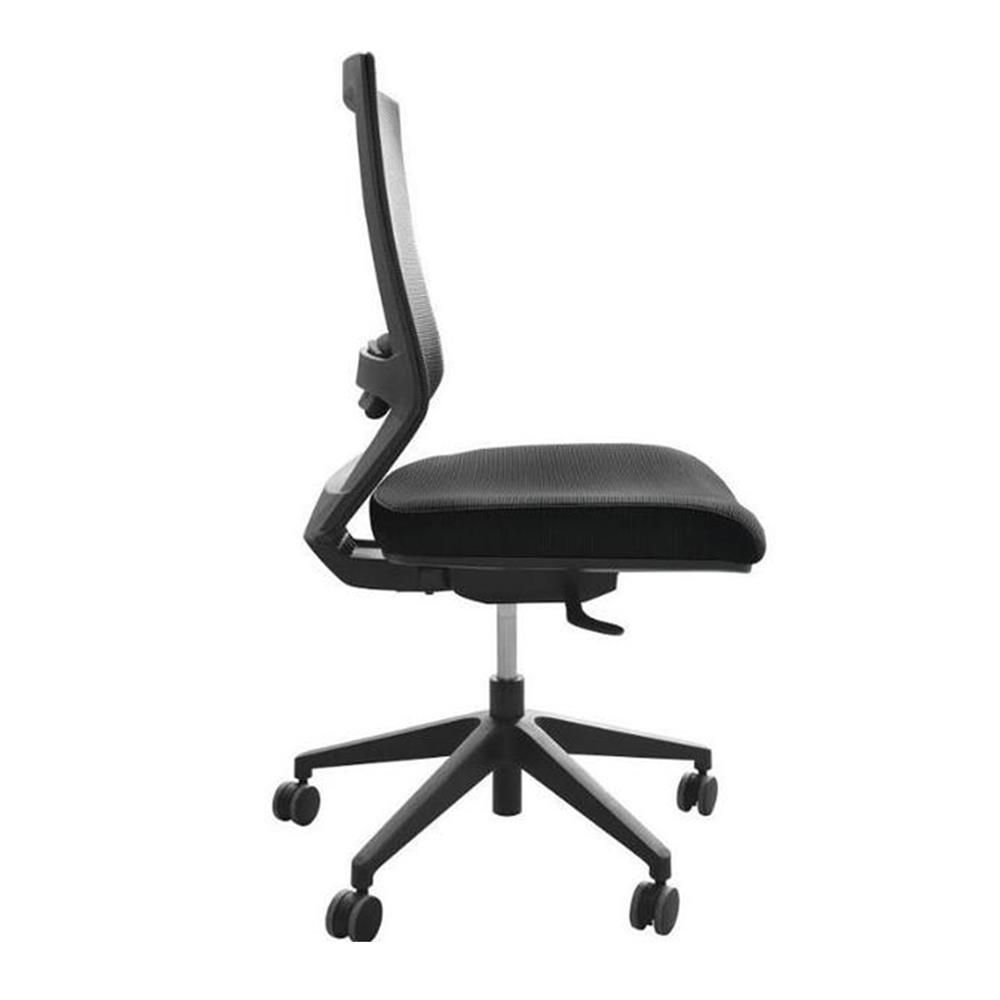

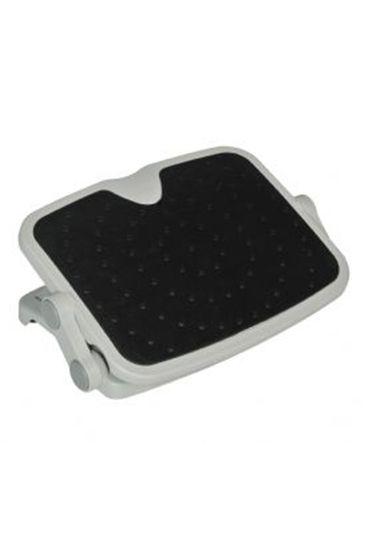
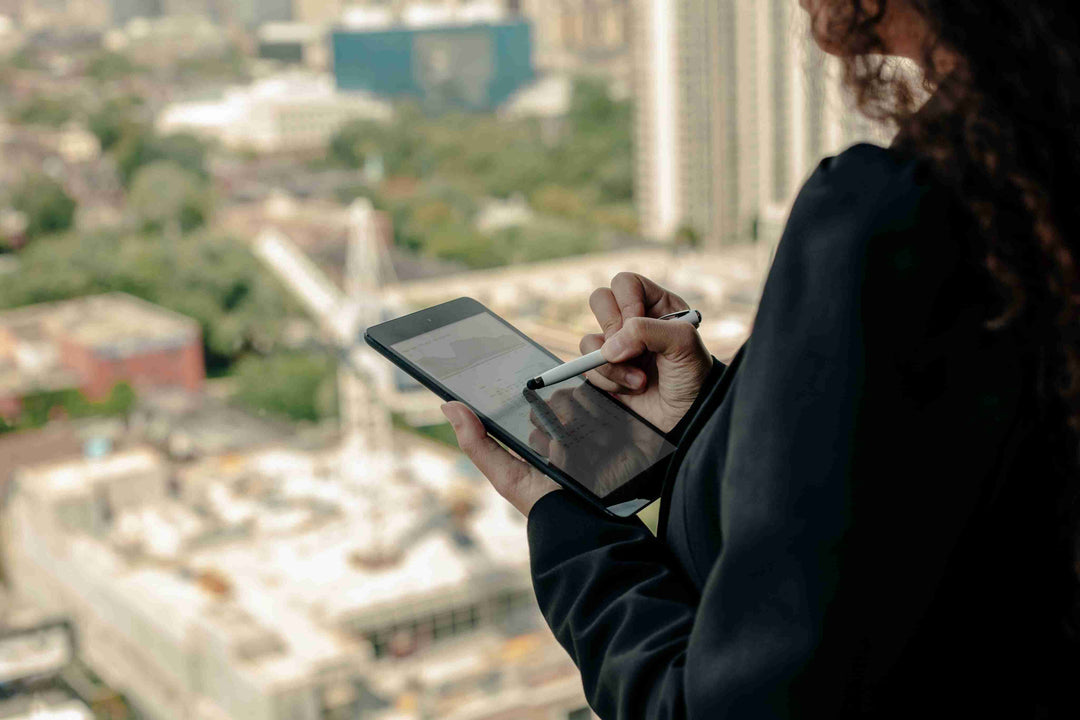

Leave a comment